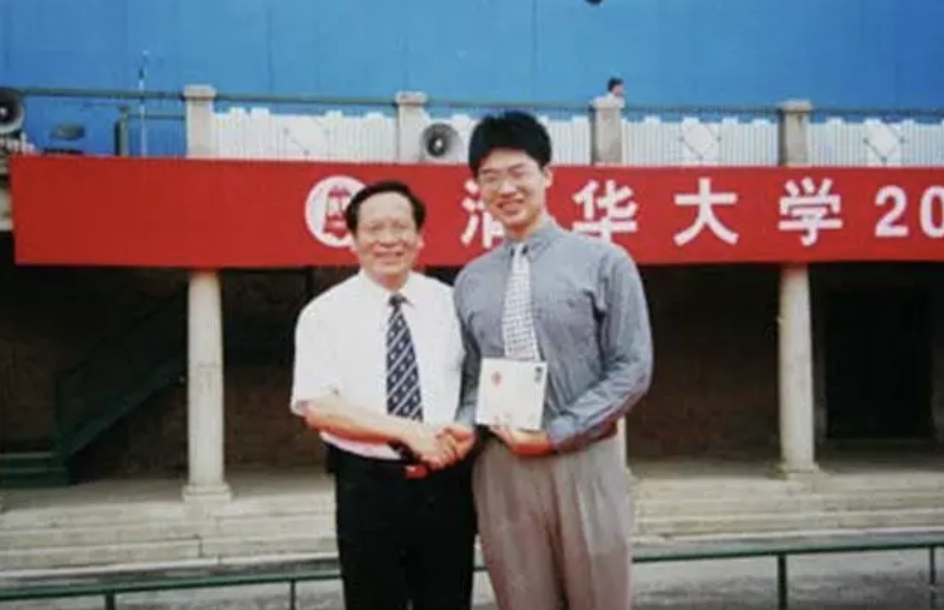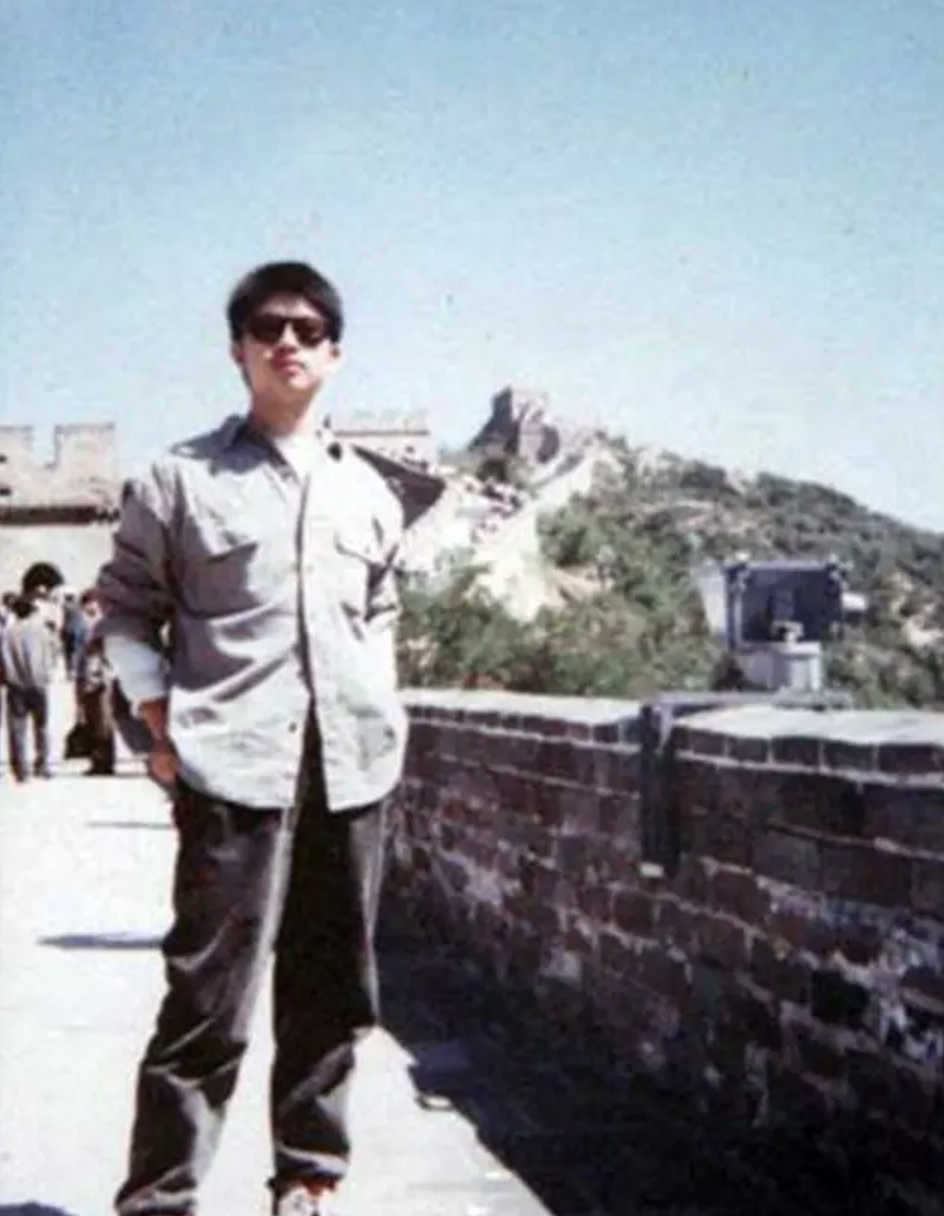Born in 1976 in Hunan province, Qi Ke’s early success was largely shaped by his parents, ordinary civil servants with strict educational principles. They prioritized academics above all else, discouraging him from socializing with friends, believing that grades were more important than relationships. Outside of school hours, the young Qi Ke would stay home reading, longing to play with his peers but afraid to ask his parents for permission.
Every aspect of Qi Ke's life, from meals to laundry and even making his bed, was managed by his parents. Even in high school, he still didn't know how to fold his own clothes. Throughout his school years, Qi Ke consistently topped his class and school in academic performance, but his personality remained rigid. He lacked social skills, spoke bluntly, and sometimes even rudely. However, his parents' constant presence prevented these shortcomings from becoming significant issues.
 |
Qi Ke gained admission to Tsinghua University in 1994 with high scores but consistently ranked near the bottom of his class. Photo: Baidu |
Qi Ke gained admission to Tsinghua University in 1994 with high scores but consistently ranked near the bottom of his class. Photo: Baidu
In 1994, Qi Ke was accepted into Tsinghua University, China’s most prestigious university. Heeding his father's advice, he chose engineering physics with the intention of pursuing a doctoral degree. Leaving his parents' care for the first time to go to Beijing, Qi Ke embarked on what would become a tragic path.
At Tsinghua, surrounded by other high-achieving students, Qi Ke was no longer the center of attention. The shock of not being at the top academically led him to lose motivation. From his second year onwards, he failed several courses and consistently ranked near the bottom of his class. His graduation was delayed due to a lack of credits.
After graduating in 2000, Qi Ke joined the Chinese Academy of Sciences. Less than six months later, he was dismissed for laziness and carelessness. This first major setback triggered depression.
He then tried working at a gaming company, but quickly gave up, unable to handle the demands of a job outside his field of study. He drifted from job to job, unable to find a suitable position. In 2005, he took a job as a construction worker but couldn't handle the physical labor. After being let go, Qi Ke continued to take on odd jobs but lacked the drive to succeed, ultimately giving up on each one.
 |
Lack of work experience, poor communication skills, and a reluctance to strive for improvement led to Qi Ke's continued unemployment, eventually forcing him to return to his hometown in Hunan for psychological treatment. Photo: Baidu |
Lack of work experience, poor communication skills, and a reluctance to strive for improvement led to Qi Ke's continued unemployment, eventually forcing him to return to his hometown in Hunan for psychological treatment. Photo: Baidu
Qi Ke is currently back in Hunan receiving treatment for depression. His mother frequently accompanies him to various treatments, regretting the misguided upbringing that led to his current predicament.
Qi Ke's story serves as a cautionary tale about the dangers of an education system focused solely on academic achievement while neglecting life skills and emotional development. His parents' overprotective nature robbed him of the ability to cope with failure, ultimately leading to his tragic struggle in the real world.
Minh Phuong (Sohu)












